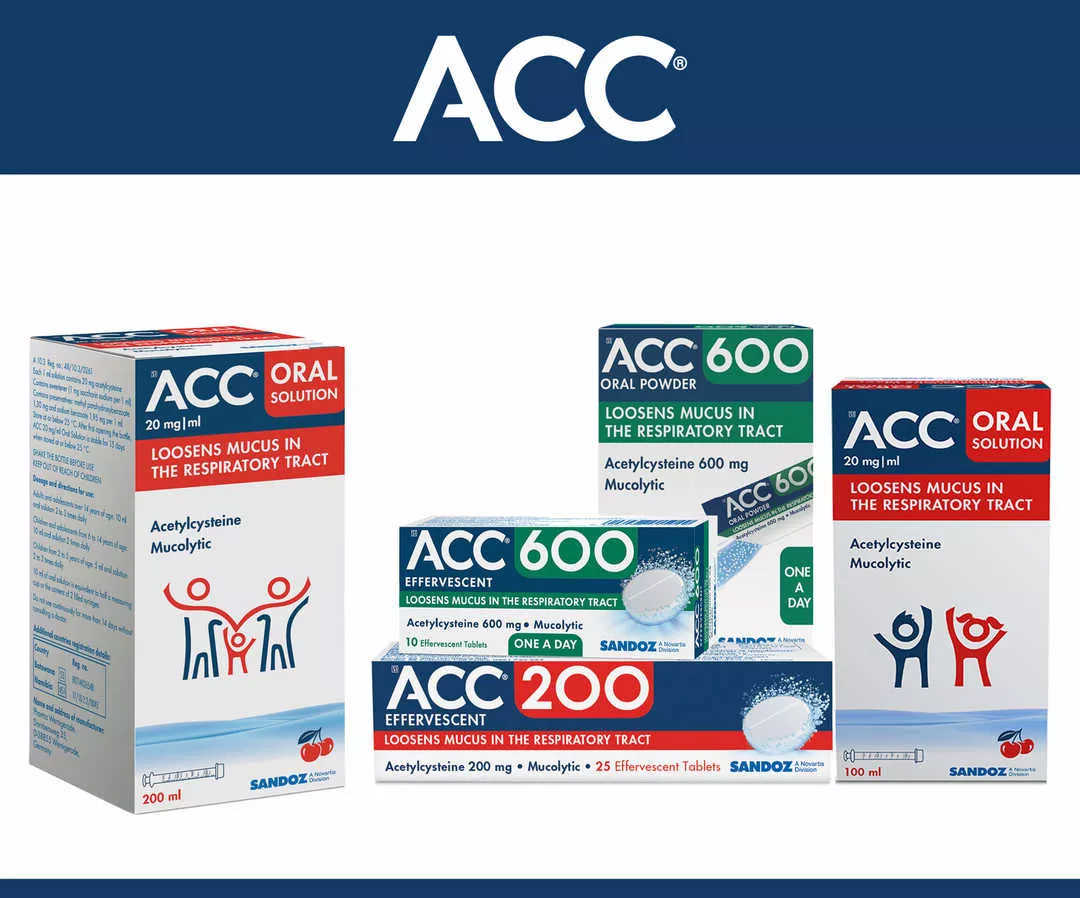IS SINUSITIS CONTAGIOUS?
When sinusitis is caused by a viral infection (like a cold or flu), the same germs that cause it can spread from one person to another, usually through coughing and sneezing.1-2
Sinusitis can also be caused by bacteria, which grows in the sinuses when extra mucus builds up.1 People with bacterial sinusitis should avoid direct contact with others, to prevent the spread of germs.2
It’s important to protect yourself and others against infection by practising good health and hygiene habits.3
Healthy habits to avoid spreading germsCold or flu viruses are usually spread from person to person in tiny droplets produced when someone with the virus coughs, sneezes or talks.4 People who breathe in these droplets can catch the virus.4 |
| Did you know? A person with flu can spread it to people standing up to 1.8 m (6 feet) away from them!4 |
|---|
|
To avoid catching or passing on a virus, follow common sense and good hygiene:3
|
A virus can also spread to someone if they touch a surface or object that has germs on it and then touch their nose, mouth or eyes without washing their hands.4
Is sinus congestion contagious?
Sinus congestion isn’t an infection or a virus, it’s a symptom.5,6 Congestion is a "blocked", full or heavy feeling caused by inflammation, and it can lead to a build-up of extra mucus in the sinuses and nasal passages when you have a cold, the flu or allergies.5,6 So, congestion itself isn’t contagious, but some of the causes of congestion (like a cold or flu virus) are contagious.1
Find out more about sinus congestion.

ACC® relieves mucus congestion in the airways1-3

| References |
|---|
|
| Sidebar References |
|---|
|
[S1] ACC® 20 mg/ml Oral Solution. Reg. No.: 48/10.3/0261. Composition: Each 1 ml of ACC 20 mg/ml ORAL SOLUTION contains 20 mg acetylcysteine. ATC Code: R05C B01.
[S1] ACC® 200 (effervescent tablets). Reg. No.: 29/10.2.2/0753. Composition: Each ACC 200 effervescent tablet contains: 200 mg acetylcysteine. Pharmacological Classification: A10.3 Medicines acting on the respiratory system – other.
[S1] ACC® 600 (effervescent tablets). Reg. No.: 45/10.3/0229. Composition: Each effervescent tablet contains 600 mg acetylcysteine. [S1] ACC® 600 ORAL POWDER. Reg. No.: 51/10.3/0816. Composition: Each sachet contains 600 mg of acetylcysteine. ATC Code: R05CB01.
For full prescribing information refer to the Sandoz Professional Information approved by the South African Health Products Regulatory Authority (SAHPRA).
Contact Us
Sandoz SA (Pty) Ltd, Reg. No. 1990/001979/07,
Magwa Crescent West,
Waterfall City,
Jukskei View,
Midrand,
2090.
Tel: +27 (11) 347 6600.
SANCAL Customer Call Centre: 0861 726 225.
Reporting of AEs:
https://pvi1j.solutions.iqvia.com or [email protected]